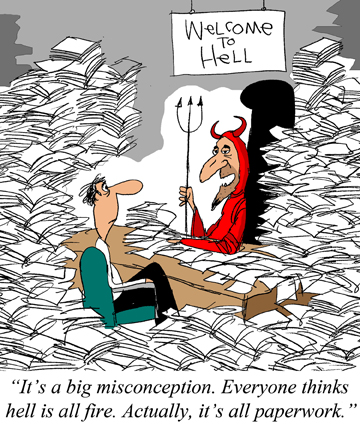 A client told me recently she wrote a review of us on Google but I never saw it.
A client told me recently she wrote a review of us on Google but I never saw it.
Typically, when one of our clients takes the time to post a review, I get notified, usually within 24 hours, so I can reply back in a reasonable time frame. It occurred to me, if her review wasn’t visible, were there other reviews that were “lost?”
I did everything I could to try and resolve the issue by myself. I reviewed all the FAQ pages and help pages. Nothing worked. My client was kind enough to repost her review but I still could not see it. I realized I would have to speak with a live person at Google who could address my issue. I know some of you are laughing right now or mumbling, “good luck with that!”
The Help page kept circling me back to the same FAQ page with answers that did not address my particular issue. Crazy-making to say the least!
There is nothing more frustrating than needing help, attempting to seek help and not getting help.
A long time ago, an old boss told me I can get things done like “a dog on a bone.” Eventually, after much digging, I found a page in Google where I could request a call back. When that the call came in, I was was transferred twice. Each time I had to explain the issue again. Finally, I spoke to someone who took ownership of my concern and explained what he would do for me. He also said he would follow up with an email so I would have his contact information.
Almost immediately, I received his email response. It included a case number and not surprisingly, it included the usual boilerplate response – “we know how important reviews are to your business, blah, blah, blah. Try this. Try that.” But at least now, I was able to check in periodically, by email, to get a status on what had happened to my missing review.
One of those absurd suggestions was to ask recent clients whether or not they had submitted reviews?
Big companies often request “feedback” after every interaction. I find this incredibly annoying. As a solo, woman-owned business, reviews from our clients do more than attract new customers. They help others know what we can do for them. They create awareness that our type of service even exists. I value them tremendously but I never directly ask for feedback let alone ask for it repeatedly.
At LET’S MAKE ROOM, we wait till the project is done and simply ask if they would consider writing a review. If they say yes, I send them a link. They are not committed to anything.
Customer service has become so much worse. I’ll go out on a limb and say, I don’t think I’m alone here.
Here are the ways I would like to see every customer service interaction play out:
- Treat me like a unique human being. I am not a robot.
- Acknowledge our relationship. Here are some examples: “I remember, we organized your garage in 2018 so your new car could go fit there. Is it time for a refresher?” Or, “We helped you move into your new home when your kids were just infants, how are they?” Or “I managed your long-distance move. How are you enjoying your new life?”
- Say it. Mean it. Do it. Give me a reason to trust you.
- Make me glad I’m your customer. Of all the other choices I have, thank me for choosing you!
- Exceed my expectations. Go the extra mile.
- Treat me like a respected relative. Convince me that you have my back.
- Stop apologizing for the inconvenience you caused. It doesn’t help. Take ownership of the issue and fix it.
- Respect my time. Don’t assume I will bother to review you just because you did your job.
- Make getting in touch with a live human being easy.






